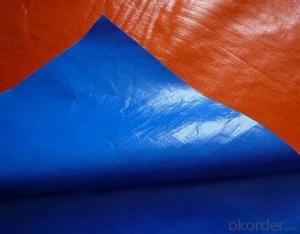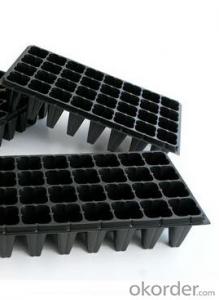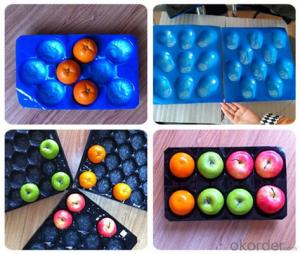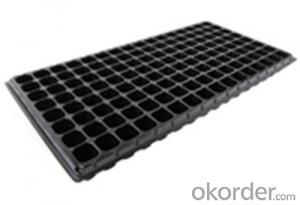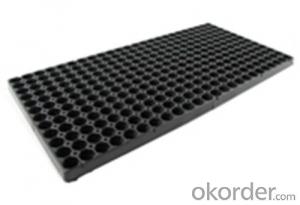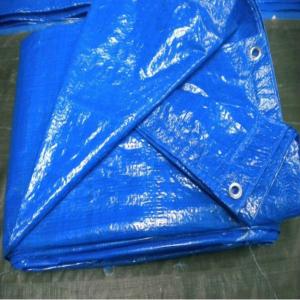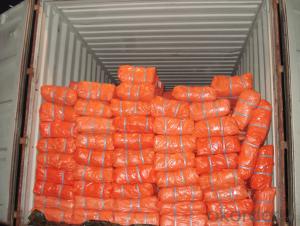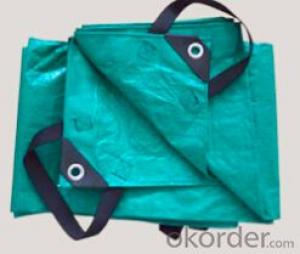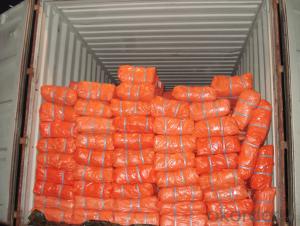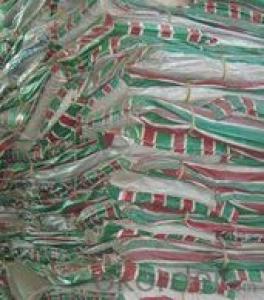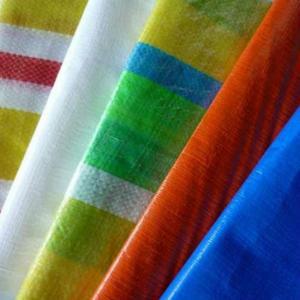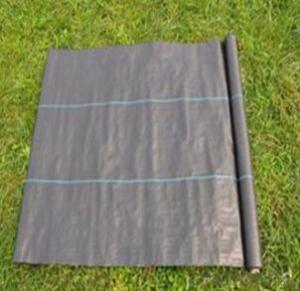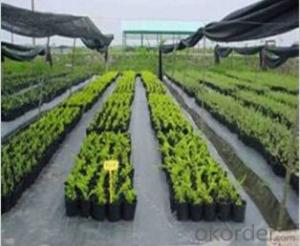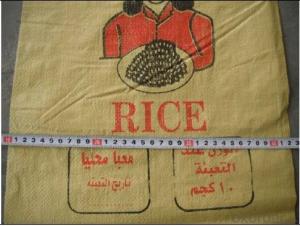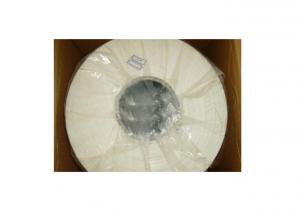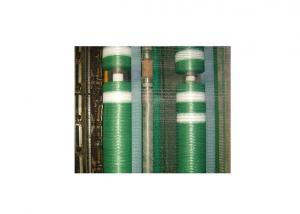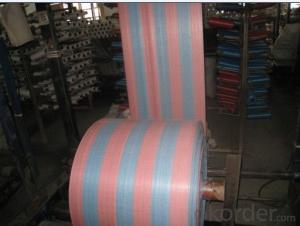Blue/Orange PE Tarpaulin
OKorder Service Pledge
OKorder Financial Service
You Might Also Like
Specification:
Weight: 70g/m2-300g/m2
Density / sq. inch :7*6, 7*7, 8*7, 8*8, 10*8, 10*10, 12*12, 14*14, 16*16
Color: Any color available
Size: 2*3m, 3*4m, 4*6m….. any size available
Denier: 750-3000 Denier
UV. FR treatment also available
Details to show:
1.Rope reinforced hem
2. heat sealed edges
3. every eyelet interval three feet or one meter
4. corner reinforced with triangle plastic sheets
Packing
1.For rolls , packed in a plastic bag with a label between rolls and bag
2.For Tarpaulin sheets, Each piece in a polybag with a label then proper pieces in a carton box packing or same color bale packing
Our advantages as follows:
All these products are widely used in agriculture and construction. We have perfect technical inspection facilities, advanced quality-control system and great production capacity, all which ensure good quality as well as timely delivery.
- Q: What's the best way to repair plastic products?
- Hard plastic parts, products (such as pesticide sprayer, plastic pipe, plastic shell and other equipment) to break rupture, as is justified, looking for a piece of the same size, suitable varieties of plastic sheet, baked in hot iron or iron to melt it, drop in the breach, to fill the breach until then, with a hot iron, cold after the stick.
- Q: Im wanting to do a magnetic board for hanging fabric and I know that there is magnetic paint, but would would it work for hard plastic container that are kinda larger.
- The paint might not stick to plastic. If not, go to the hardware store and buy a can of spray paint that is primer for plastic, like the one in my source. This might make it work. If you flex the plastic, you might cause the paint to crack and flake off.
- Q: What are some ground cover plants that attract beneficial insects?
- Some ground cover plants that attract beneficial insects include sweet alyssum, creeping thyme, yarrow, and clover. These plants not only provide shelter and food for beneficial insects but also help in pollination and pest control in the garden.
- Q: Do nursery trays come with a humidity control tray?
- No, nursery trays typically do not come with a humidity control tray.
- Q: My vision is 20/70, I need glasses, have myopia and a mild astigmatism. Should I get plastic or polycarbonate lenses? Which is better?
- If you ask which is better, then plastic is better. When optical professionals look at visual acuity through a lens material, we use what is called an Abby Value. The lower the Abby value, the more chromatic aberration there is to the lens which is a rainbow effect on the edges but which presents itself as blurriness. Polycarbonate has the lowest Abby value of any material - 29. Glass has the highest (but I would never recommend glass). Plastic is just below that, followed by a material called Trivex. Many opticians call polycarbonate polycrap. That's what it really is. However, if you need a thinner, lighter lens as determined by your actual prescription, which you did not give us, then, Trivex or a 1.60 Hi Index material are available. Besides lens materials, the shape, size and width of the frame influences the thickness of the lens. That is why it is imperative to have an Eye Care Professional like an optician help you pick out the frame that is best suited to your prescription. Individuals outside the industry have no idea what to get because they are not versed in the science of optics. Hope this helped.
- Q: Are agricultural plastic products resistant to fungal diseases?
- Agricultural plastic products, such as mulch films or greenhouse covers, are generally resistant to fungal diseases due to their non-porous nature and lack of organic matter. However, it is important to note that if any organic material or debris gets trapped or accumulates on the plastic surface, it can provide a suitable environment for fungal growth. Regular cleaning and maintenance are necessary to ensure continued resistance to fungal diseases.
- Q: Do nursery trays come with a water reservoir?
- Yes, some nursery trays come with a water reservoir.
- Q: I tell my boyfriend drinking out of plastic cups has a differance taste and ombiance than drinking out of glass. I beleive drinking out of plastic you can either smell the soap or plastic is porse and holds odors... Drinking out of glass is better......what do you think
- We only use plastic cups so we wouldn't have to wash dishes all the time!
- Q: Are agricultural plastic products environmentally friendly?
- Agricultural plastic products have varying degrees of environmental impact. While they play a vital role in increasing agricultural productivity, they also contribute to plastic waste and pollution. However, advancements in biodegradable and recyclable plastics are being made to minimize their environmental footprint. Ultimately, the sustainability of agricultural plastic products depends on factors such as proper disposal, recycling, and the adoption of more eco-friendly alternatives.
- Q: Can nursery trays be used for starting a herb garden indoors?
- Yes, nursery trays can be used for starting a herb garden indoors. They provide a convenient and organized way to germinate and grow herb seeds, allowing for easy transplanting once the seedlings are established.
Send your message to us
Blue/Orange PE Tarpaulin
OKorder Service Pledge
OKorder Financial Service
Similar products
Hot products
Hot Searches
Related keywords
